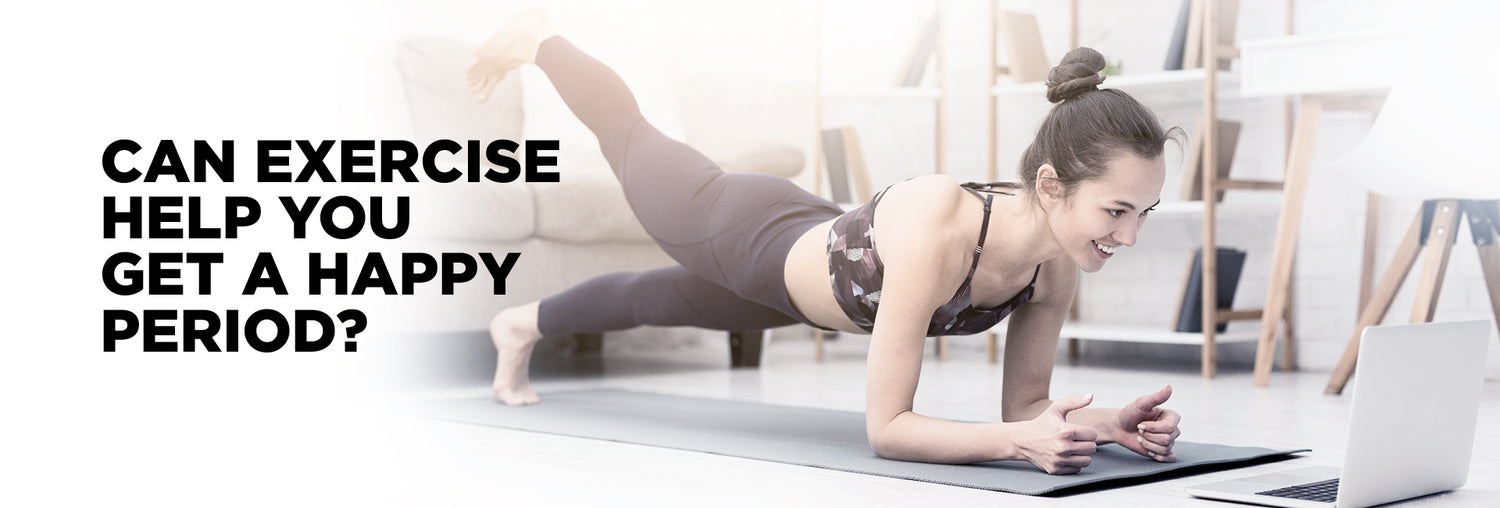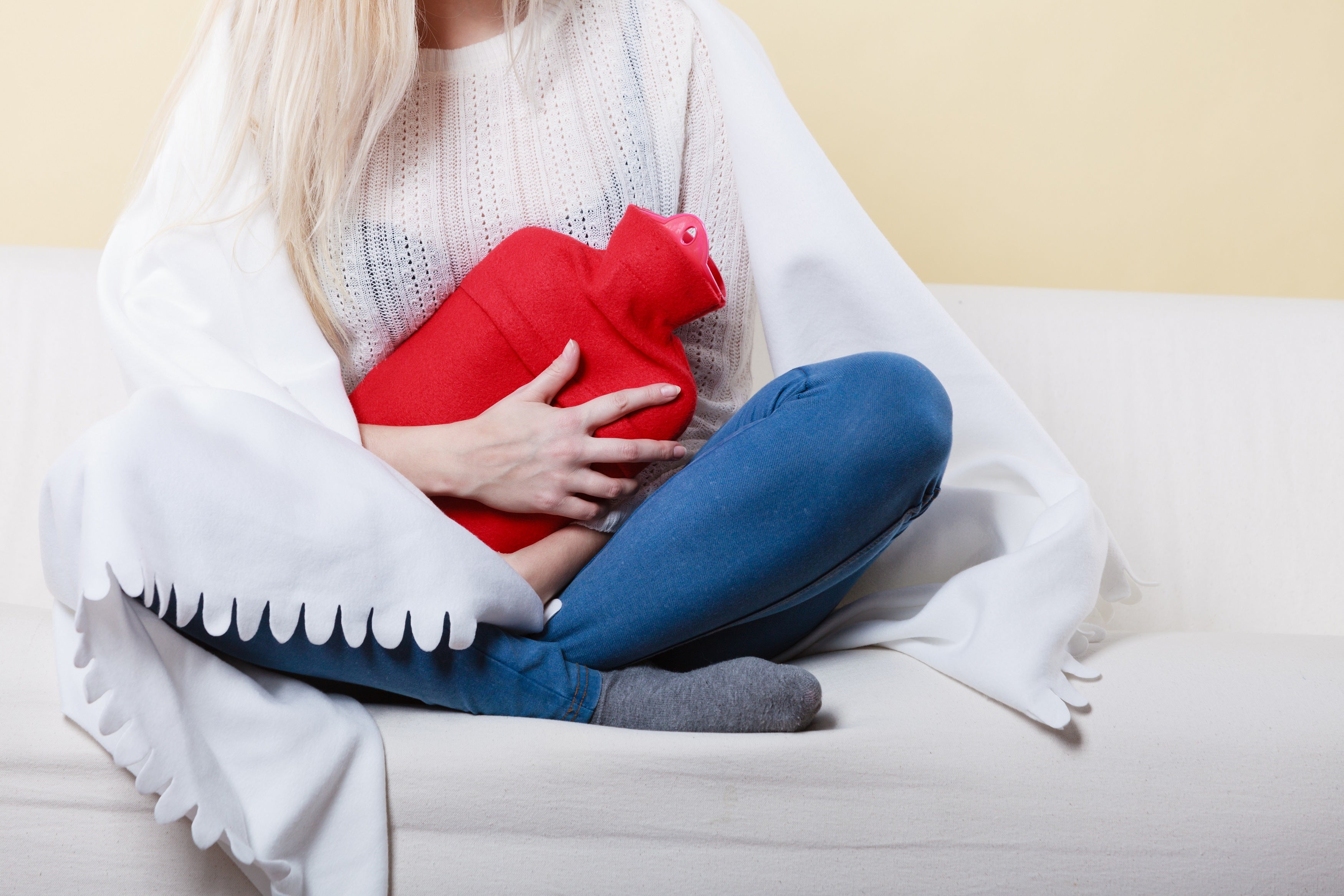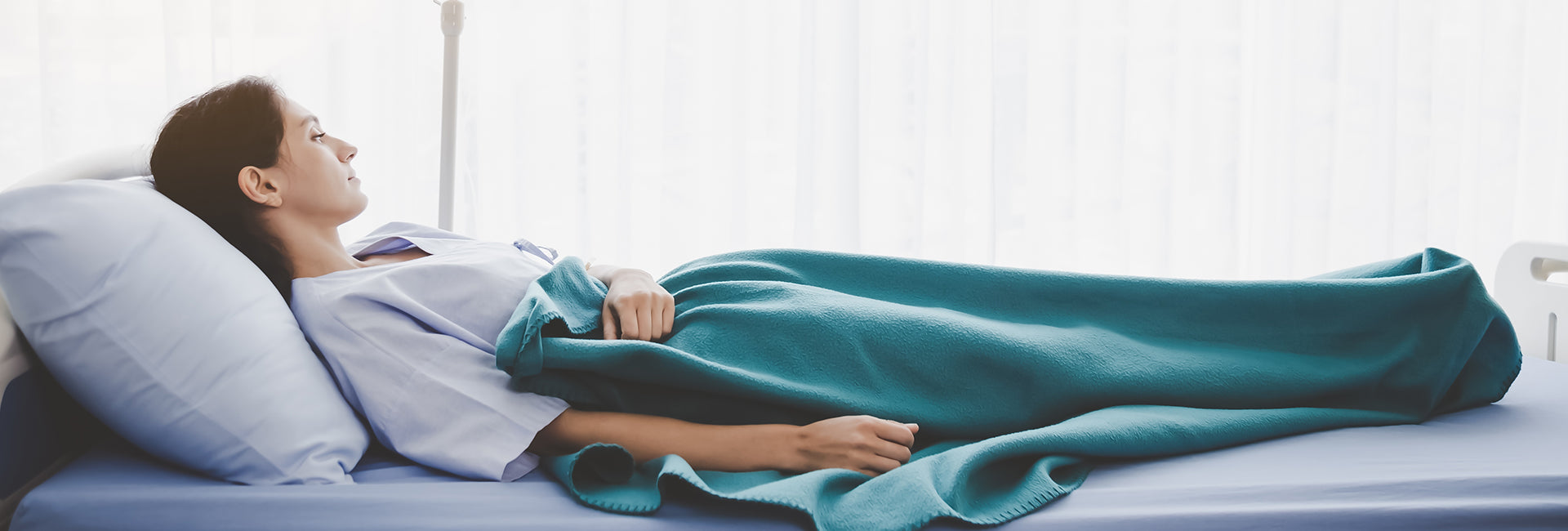With period cramps having you slothful, exercise is probably the last thing on your mind. However it has been proven that exercise can help you feel better during your period. It's quite counterintuitive, but here's how it works.

image source twitter
Helping with period depression
Dip in serotonin (the happiness neurotransmitter) levels during your period can have you down in the dumps. Fresh air and exercise can help reduce period depression and anxiety symptoms by stimulating the production of endorphins, the feel-good hormones. Exercise can also help with period fatigue by increasing energy levels and allowing you to sleep better during your period.

image source twitter
Minimizing bloating
Bloating and nausea can make you feel sick and uncomfortable during your period. This problem may be aggravated by cravings for oily, salty, and sweet food. To minimise the discomfort caused by craving binges, drink plenty of water and take a walk. Consume nutrient-poor foods in moderation and always balance them with recommended servings of fruit and vegetables.
No more cramps
Multiple studies have shown that light exercise can make your cramps better by stimulating the flow of blood away from the places where you experience pain and fatigue. Light exercise involves walking, cycling, dancing and swimming. Choose an exercise regimen that you will enjoy, as it takes a considerable amount of will to move when you feel discomfort. Gentle stretching can relieve stress in your muscles and reduce pain while relaxing and visit for period pain relief roll on

image source twitter
Everything in moderation
Excessive and rigorous exercise should be avoided. Severe physical strain can not only delay the next period, but make you feel more tired overall. It is also advised that you are not practising inverted yoga positions that divert blood from flowing out. If you exercise regularly, consider using a tampon or a menstrual cup to avoid any leaks. You are also likely to have a higher risk of injury during your period. Women with anaemia should be particularly careful to exercise during their period. Usually, cardio may have better outcomes in reducing symptoms rather than strength training, which may cause fatigue and muscle aches. If you have any concerns about working out during your period, get your exercise regimen cleared by a gynaecologist, and you're good to go.



























